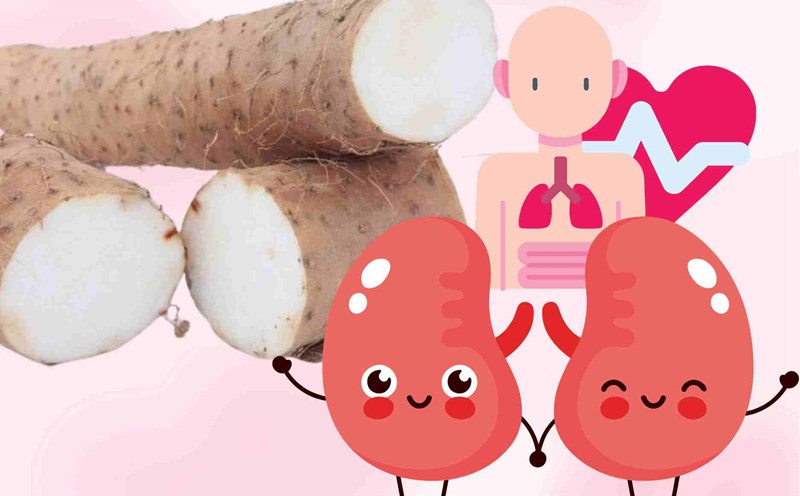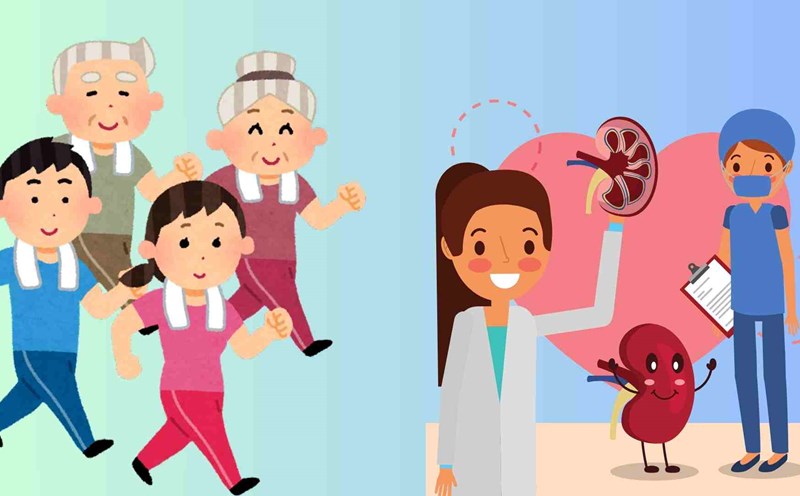Eating less salt helps reduce the risk of kidney disease, because salt helps the body retain more water. At that time, the kidneys have to work harder to remove this excess water. The pressure on kidney function will increase, which can easily lead to impaired kidney function. Reducing your salt intake will help your kidneys avoid overload.
Here are some things to keep in mind for a low-salt diet:
Consume less than 2 grams of salt per day.
Avoid unsalted foods that still contain sodium such as processed foods, canned foods, spices, sweets, pickled foods, pickled foods, jelly, snacks, etc.
Cook your own food to proactively control ingredients. In addition, it is necessary to avoid functional foods with high sodium content; always check the ingredients before using.
Since chronic kidney disease can progress so severely that a kidney transplant is required, it is extremely important to pay attention to kidney protection especially by reducing sodium intake to avoid kidney overload.










